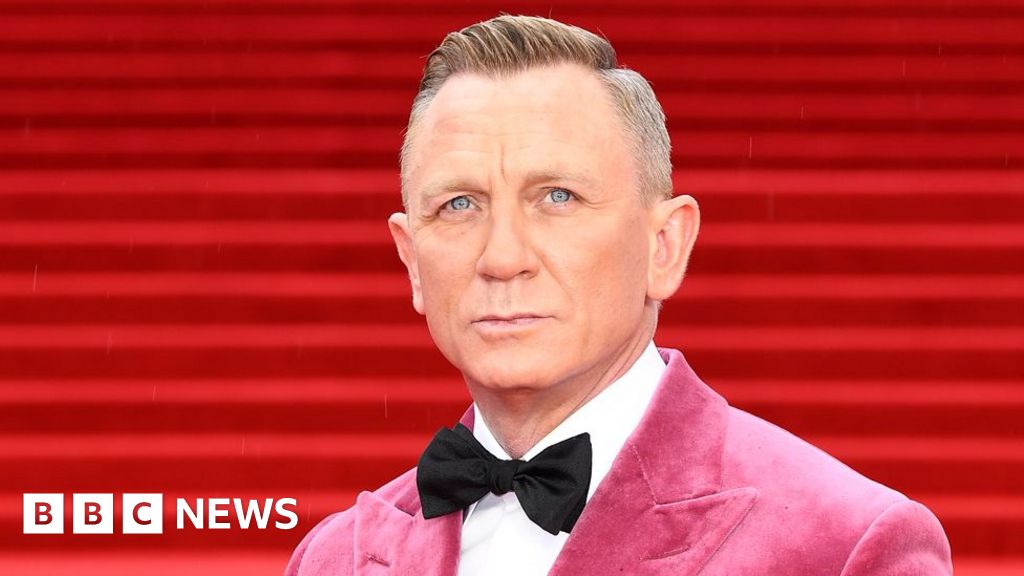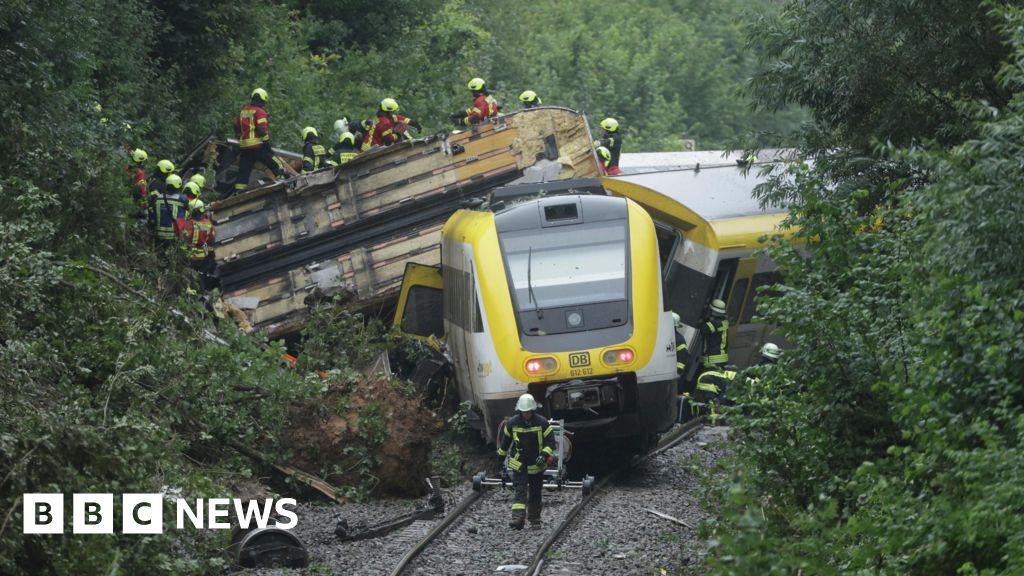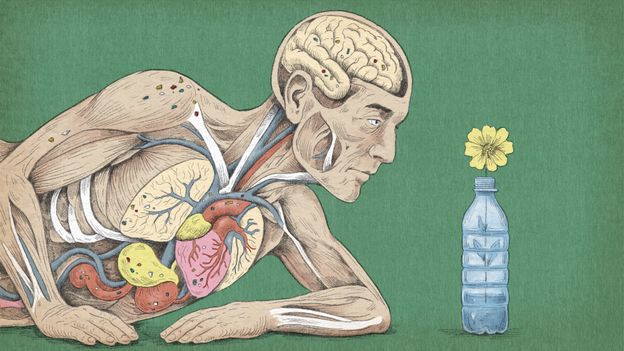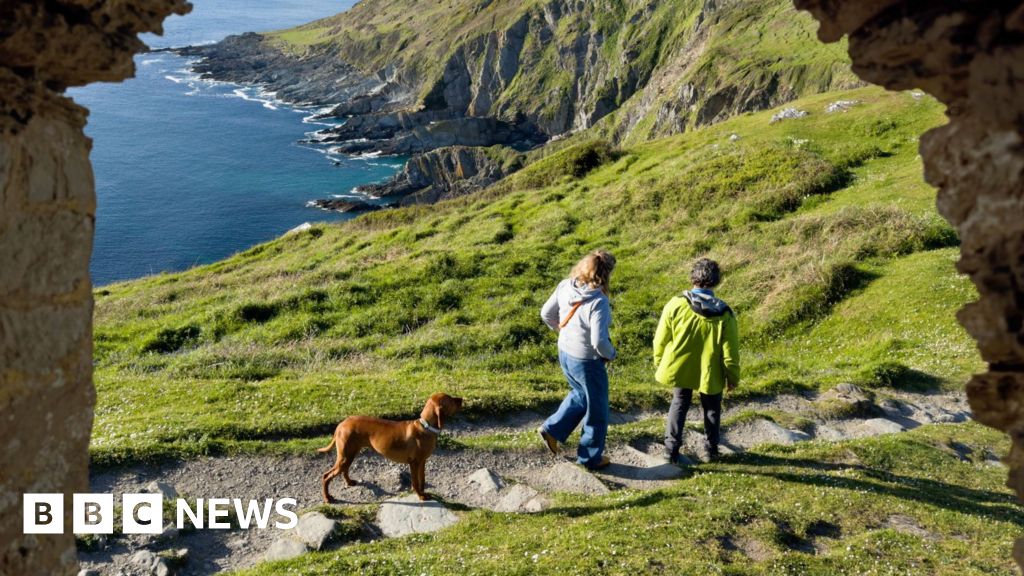Global Plastic Pollution: Addressing the Problem
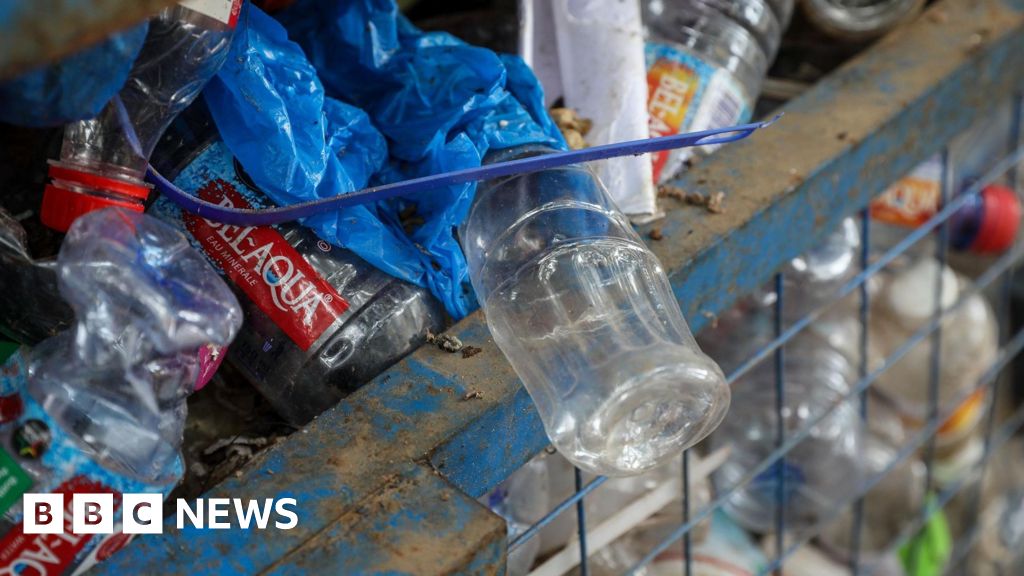
Introduction
As the world struggles with the ever-growing problem of plastic pollution, countries are coming together to find a solution. The BBC has reported that nations are working towards signing the first global plastic treaty, which aims to limit plastic pollution. This is a major step in addressing the issue, but is it enough to solve the problem?
Current State of Plastic Pollution
Plastic pollution has become a global crisis, with an estimated 8 million tons of plastic being dumped into the ocean each year. This has resulted in the death of marine animals and the contamination of our water and food supply. The impact of plastic pollution also extends to our health, as microplastics have been found in our bodies.
The Importance of a Global Treaty
A global plastic treaty would hold countries accountable for their plastic consumption and waste management. It would also promote the development of sustainable alternatives and encourage the reduction of single-use plastics. However, for this treaty to be effective, it will require strong enforcement and cooperation from all nations.
Conclusion
The signing of a global plastic treaty is a promising step towards reducing plastic pollution, but it will require a collective effort from all countries to make a real impact. As individuals, we can also do our part by reducing our own plastic consumption and advocating for more sustainable practices. It is only through a combination of global
About the Organizations Mentioned
BBC
## Overview The British Broadcasting Corporation (BBC) is the world’s oldest and largest national broadcaster, serving as a cornerstone of public service media in the United Kingdom and beyond[1][2]. Headquartered in London, the BBC operates under a royal charter and is primarily funded by a television licence fee paid by UK households, ensuring its editorial independence from both government and commercial interests[1][2]. This model allows the BBC to fulfill its mission to “inform, educate, and entertain” with impartiality at its core[3]. ## History and Evolution The BBC was founded on October 18, 1922, as the British Broadcasting Company Ltd., evolving into a public corporation under royal charter on January 1, 1927[1][2]. Its first Director-General, John Reith, established principles of independence and public service that continue to guide the organization. The BBC launched its television service in 1936, pioneering broadcasting technology, and expanded globally with the BBC World Service in 1932, now broadcasting in 28 languages[1][2]. ## Key Achievements The BBC has been a trailblazer in broadcasting, introducing innovations such as regular television broadcasts, color TV, and digital platforms like BBC iPlayer[1][2]. It has earned a reputation for high-quality journalism, producing globally recognized programs in news, drama, and documentary. The BBC’s international arm, BBC Studios, commercializes content worldwide, while the BBC World Service remains a vital source of news in regions with limited press freedom[1]. The corporation has received numerous accolades, including the Queen’s Award for Enterprise for its international business achievements[1]. ## Current Status and Digital Transformation With over 21,000 employees, the BBC remains a dominant force in media, generating £5.4 billion in annual income, mostly from licence fees[2]. It operates multiple TV channels, radio stations, and a robust online presence, including BBC News Online and BBC.com[1


